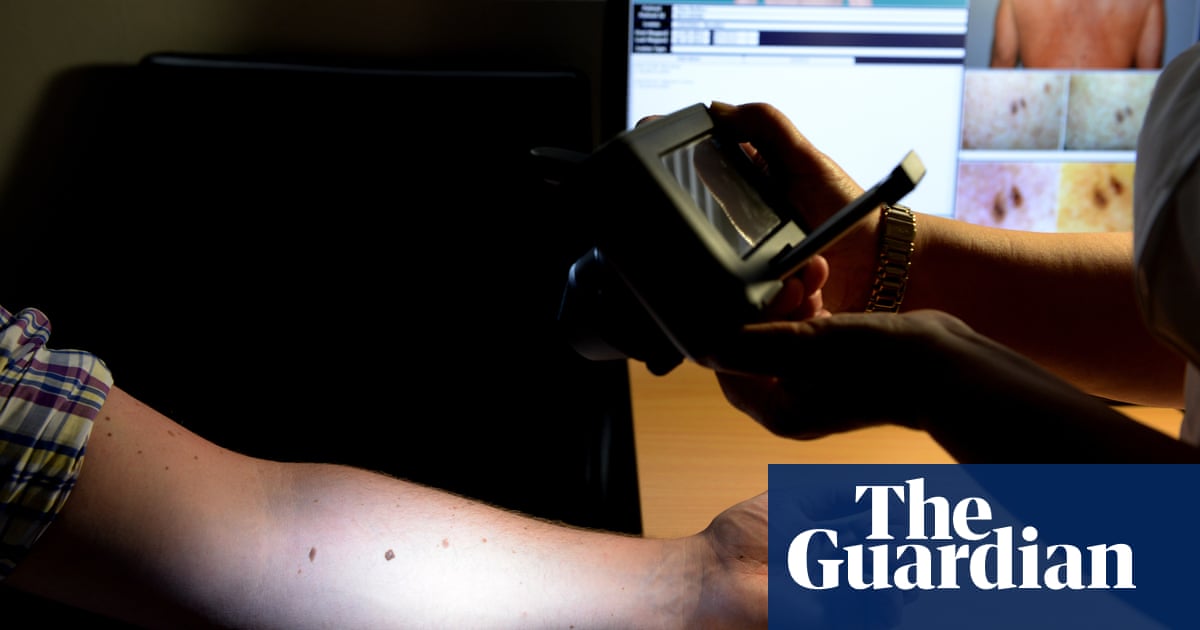I make a real effort not to write about my employment (in (a) my specialty, legal operations; now within (b) the biopharma industry, (c) primarily in oncology (cancer medicines)) here, but my work does lead to lots of interesting reading! Especially in the medical/pharmaceutical research area, where the statement ‘it’s a great time to be alive‘ is especially true: many health conditions that were previously immediately fatal can now be managed, and rather than having months left to live, one can often live to one’s nearly normal lifespan.
The European Society for Medical Oncology (ESMO) is meeting in Barcelona this week, and so lots of new research is being presented there, and will make its way into the news.
Back when I worked at a company that had a drug for melanoma (a type of skin cancer), we all received sunscreen and a presentation on how few patients were still alive five years after their diagnosis. (WE WORE THE SUNSCREEN AFTER THAT!). The article below describes further progress with newer treatments that allow more and more people to live longer, despite this previously-quickly-fatal disease:

I’m not a scientist, and I’m not representing any of my current or past employers when I write about this topic: this is my genuine excitement that science is delivering solid progress for serious medical conditions.
Many people will bemoan the state of the world uniformly, and there certainly is abundant war, strife, exploitation, and [so more other negative human stuff than I have time to detail here, and which you already grasp anyway]. There are also people working hard to help people they don’t even know live long enough to see their little kids graduate from school – and they are succeeding! These improvements in survival have been developed in our lifetime, and provide wonders that our grandparents could not have imagined.
While research about possible cures that are in the earliest stages of basic research (and have not been tested in people) appear to be more thrilling, the stuff that has already been proven to work in people is much more exciting – and close to being available to people you care about.
I’m looking forward to geeking out over more high level, non-specialist summaries about great scientific progress in medicine.
